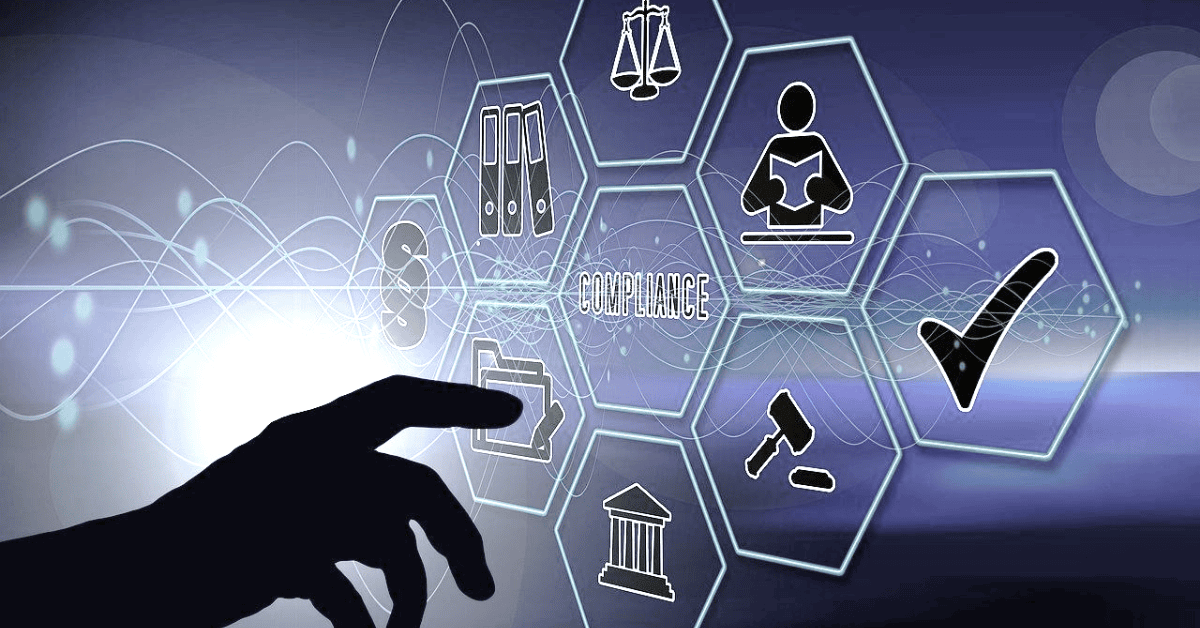By Nandini Menon
In a world increasingly defined by the velocity of change, the term “digital transformation” is no longer a buzzword, it is a necessity. Enterprises, governments, and civil societies alike are racing to digitise operations, streamline communication, and reimagine service delivery through emerging technologies. Artificial intelligence, cloud computing, blockchain, and the Internet of Things (IoT) are revolutionising traditional models. However, in this rush to innovate, there is an underlying question that too often remains unaddressed: who defines how we innovate responsibly?
The answer lies in standards. These are the silent frameworks underpinning every successful digital transformation. They ensure not only interoperability and efficiency but also safety, ethics, privacy, and accessibility. As we confront the double-edged sword of technological advancement, the need for guiding principles to steward innovation becomes urgent. In this context, organisations like BSB Edge play a critical role in facilitating standardised digital transformation across industries in India and beyond.
The Paradox of Innovation Without Standards
Digital transformation, by nature, demands agility. The desire to outperform competition often leads companies to adopt the latest technologies swiftly, sometimes without fully understanding their implications. This unmoderated pursuit of innovation can lead to inconsistent practices, fragmented systems, compromised data security, and even unintended discrimination through biased algorithms.
The Facebook–Cambridge Analytica scandal and the underperformance of facial recognition technologies on darker skin tones are examples of what happens when innovation outpaces regulation.
Without standards, technology can become not just inefficient, but also harmful. There is an increasing recognition that innovation, to be sustainable and inclusive, must be underpinned by clearly articulated principles. Standards do not stifle innovation, they shape it. They bring clarity, accountability, and direction.
What Are Standards and Why Do They Matter?
At their core, standards are agreed-upon protocols developed by consensus and validated by recognised bodies. They span from technical specifications and safety requirements to ethical frameworks and environmental benchmarks. In the context of digital transformation, these might include cybersecurity protocols, data privacy guidelines, accessibility norms, AI governance principles, and interoperability benchmarks.
These are some key reasons why standards matter:
- Interoperability and Scalability
Standards ensure that software and hardware from different vendors can work together seamlessly, supporting scalability and reducing vendor lock-in. - Trust and Security
Standards for data governance, encryption, and ethical AI restore public trust and reduce risks like bias and surveillance. - Sustainability and Responsibility
Environmental standards help embed responsibility into the digital infrastructure—reducing waste, power usage, and environmental harm. - Regulatory Compliance
Standards make it easier to comply with evolving laws, pass audits, and earn global certifications.
Digital Transformation in India: A Standards-Driven Journey
India, home to one of the world’s fastest-growing digital economies, illustrates the critical need for standardised innovation. Initiatives like Digital India, Aadhaar, UPI, and ONDC are ambitious examples of national-scale transformation. However, their success depends on robust standards that address privacy, inclusion, and ethical concerns.
The Bureau of Indian Standards (BIS), in collaboration with international bodies like ISO, IEC, and IEEE, has been working to develop relevant, contextualised standards. But for Indian organisations to stay ahead, they need not just awareness—but access.
BSB Edge: Bridging Innovation and Standards
This is where BSB Edge comes in. As a premier provider of national and international standards, BSB Edge connects innovation with regulation. It helps businesses, universities, and policymakers access and implement the latest global standards from ISO, IEC, ASTM, BSI, DIN, and BIS.
By making standards accessible and actionable, BSB Edge empowers users to make better decisions during tech adoption—whether you’re building a fintech app, setting up a smart factory, or designing a curriculum on AI ethics.
More than a library of documents, BSB Edge is also an educator. Through webinars, resources, and industry partnerships, it helps build awareness of how standards improve safety, competitiveness, and quality.
Standardisation in Emerging Tech: The AI Case Study
AI is one of the most powerful yet high-risk technologies of our time. Without guidance, AI systems can reinforce bias, lack transparency, and act unpredictably. That’s why international standards—like those from ISO/IEC JTC 1/SC 42—on AI ethics, risk, and governance are critical.
In India, AI is being applied in agriculture, law enforcement, education, and more. Aligning these applications with global AI standards protects constitutional values and ensures ethical deployment.
Organisations working with BSB Edge are better positioned to build AI solutions that are explainable, secure, and globally compliant.
Challenges in Implementing Standards
Despite the value of standards, implementation is not always easy:
- Cost and Accessibility: Small companies may struggle to afford or interpret complex standards.
- Lack of Awareness: Many are simply unaware of what applies to their sector.
- Speed of Innovation: By the time some standards are formalised, the tech may have evolved.
- Resistance to Change: Fears of bureaucracy or losing flexibility slow down adoption.
That’s why intermediaries like BSB Edge are vital—they simplify access, accelerate integration, and offer strategic clarity.
Guiding Principles for Responsible Digital Transformation
1. Build Standards into Strategy
Treat standards as part of the innovation lifecycle—from planning to execution—not as a final checkbox.
2. Adopt a Risk-Based Approach
Evaluate risks (ethical, environmental, social, technical) and use standards to mitigate them.
3. Foster Cross-Sector Collaboration
Governments, tech firms, regulators, and civil society must co-create standards that are inclusive and practical.
4. Invest in Education and Training
Upskill teams in relevant standards to ensure compliance and long-term success.
5. Embrace Dynamic Standardisation
Adopt a mindset of continuous improvement, updating standards in sync with evolving technology.
Conclusion: Standardising for the Future
Digital transformation is not just a technical shift—it is an ethical, cultural, and institutional revolution. As we adopt more intelligent systems, we must ask not just “can we?” but also “should we?” and “how should we?” Standards help answer these questions responsibly.
India and the world are entering an era of smart cities, AI-driven governance, and real-time data economies. To ensure these advancements are inclusive, equitable, and trustworthy, guiding principles must be built into their foundations.
Organisations like BSB Edge aren’t just enablers—they are essential partners in shaping a digital ecosystem that’s not only innovative, but also ethical, accessible, and sustainable.







Leave a Reply